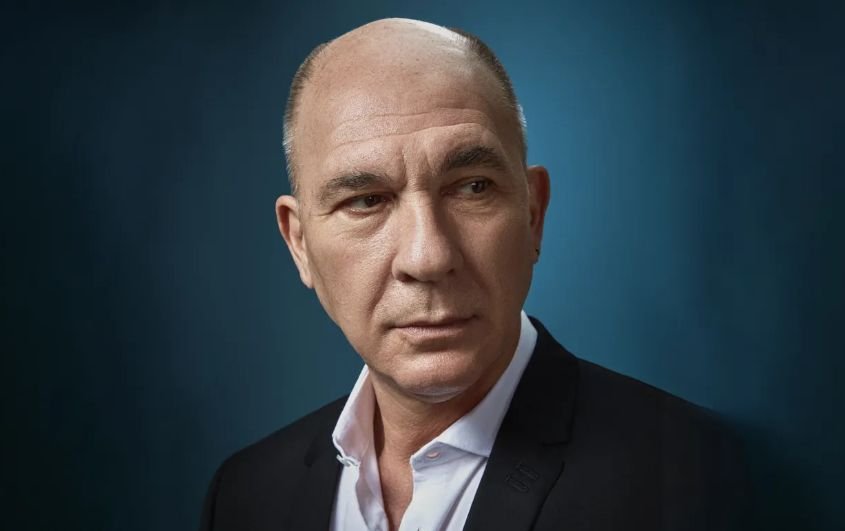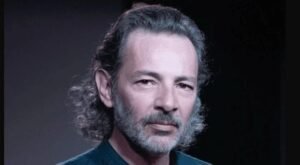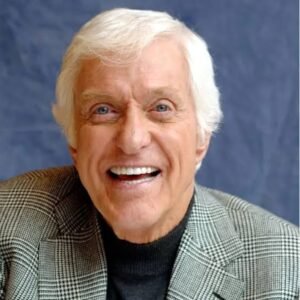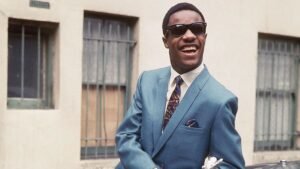Darío Grandinetti: with intensity and skill in every role

Darío Grandinetti durante una entrevista en el Festival de San Sebastián.
Darío Grandinetti is one of the most respected actors in Argentine cinema and television, with a career spanning more than four decades, including international collaborations, prestigious awards like the International Emmy, and a strong presence in theater. Known for his artistic and social commitment, his trajectory has made him an undisputed figure in contemporary Ibero-American acting.
Origins and Formation: Rosario as the Seed of an Expressive Language
Darío Grandinetti was born in Rosario, a city with a strong cultural tradition that instilled a particular sensitivity into his artistic identity. While his career would take him on international paths, he took his first steps locally. He initially worked as a production assistant in television, where his vocation for acting was sparked.
Although he didn’t attend traditional dramatic arts academies for long formal studies, he was trained by key Argentine scene masters, developing an interpretative style with deep emotional weight and contained gesturality. His face, always filled with nuances, became a recognized acting tool in the industry.
Film and Television: A Journey with an Authorial Gaze
Over more than four decades, Grandinetti built a career that seamlessly crossed between auteur cinema, industrial cinema, mass television, and theater. His filmography includes key titles in Argentine cinema such as El lado oscuro del corazón (1992) by Eliseo Subiela, where he played Oliverio, a poet in love with the impossible, a role that catapulted him to a new level of continental visibility.
In Talk to Her (2002), by Pedro Almodóvar, Grandinetti played Marco, a journalist dealing with the pain of loss and emotional disconnection. The film won the Academy Award for Best Original Screenplay, and his participation marked his entry into the elite of Ibero-American cinema.
Other notable titles in his filmography include Relatos Salvajes (2014), where he starred in the episode Pasternak, directed by Damián Szifron, and Rojo (2018), by Benjamín Naishtat, a film that earned him a standing ovation at the San Sebastián Festival, as well as recognition for Best Actor.
On television, Grandinetti starred in emblematic fictions such as Los especiales de Doria, Mujeres asesinas, Televisión por la identidad, and El Maestro, for which he won the International Emmy Award for Best Actor in 2018. In this Pol-ka production, he played a retired classical dancer who takes on the responsibility of training a young promise. The emotional complexity of the character allowed him to deliver one of his most celebrated performances.
Theater: The Actor’s Intimate Space
While film gave him international projection, Darío Grandinetti never abandoned the stage. Among his most recognized works are El vestidor, directed by Corina Fiorillo, and La música segunda, by Marguerite Duras, where he delved into dense, philosophical, introspective texts. His stage presence was always minimalist, without grandiosity, with an almost surgical precision.
He has also worked under the direction of figures such as Rubén Szuchmacher, Oscar Barney Finn, and Villanueva Cosse, always with a total commitment to the dramatic material and a work ethic that has earned him admiration even among his peers.
Recognitions: An Actor Who Earns Respect Without Drama
In addition to the Emmy, Grandinetti has received the Cóndor de Plata, the Sur Award from the Argentine Academy of Cinema, and has been honored at various national and international film festivals. In San Sebastián, in addition to the recognition for Rojo, he was also honored for his career as part of Ibero-American cinema. His way of accepting awards has always been discreet, with statements that focus more on the craft than on stardom.
Public Positions and Controversies in Context
Darío Grandinetti has not shied away from political engagement. He has publicly defended inclusive cultural policies, supported the Media Law in Argentina, and advocated for free access to cultural content as a right. These statements sparked criticism in certain sectors, but they did not affect his popularity. On the contrary, they reinforced his image as an artist committed to an ideological outlook aligned with the democratization of culture.
He has always avoided media scandals. His private life, except for a few interviews, remains out of the spotlight. This distance from the gossip world has made him a respected actor, free from labels that might detract from his depth.
Living Legacy: Artistic Maturity Without Renouncing Sensitivity
At over 65 years old, Darío Grandinetti continues to work actively, choosing projects with a focused gaze, with dramatic weight, without needing to fit into commercial molds. His acting maturity translates into roles with multiple layers, with an expressive economy that enhances the subtext.
In a country where acting is often associated with constant exposure, Grandinetti represents a figure of professional integrity, an actor who has always put art above ego.







